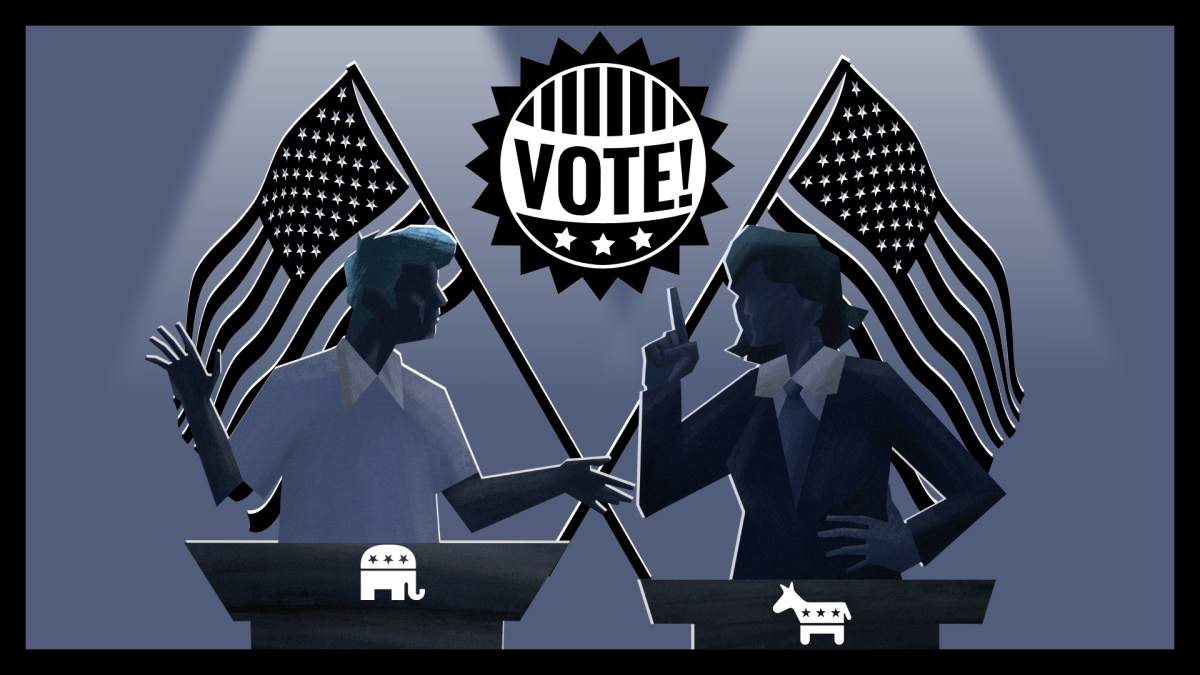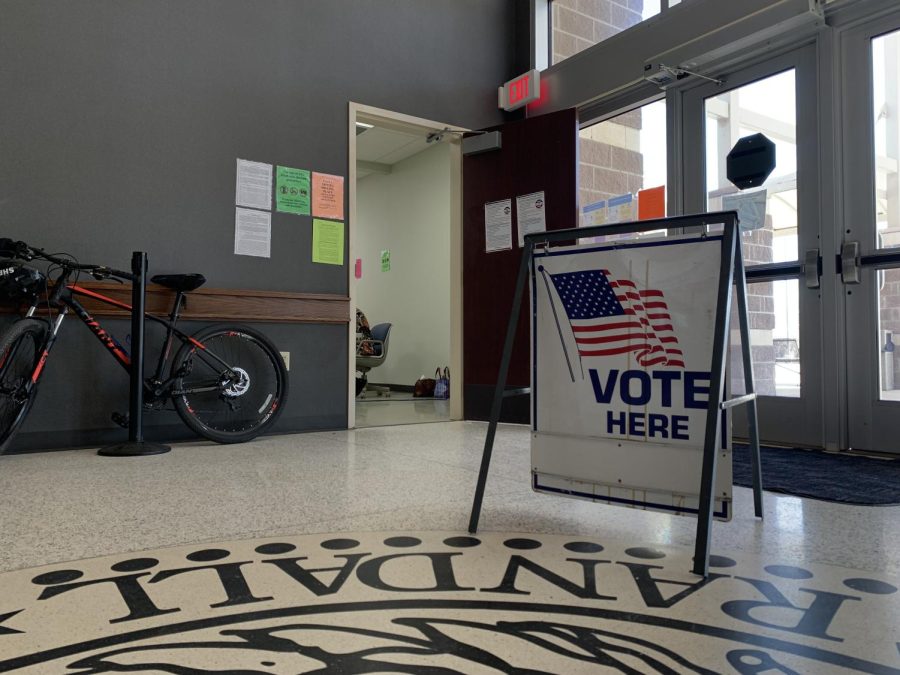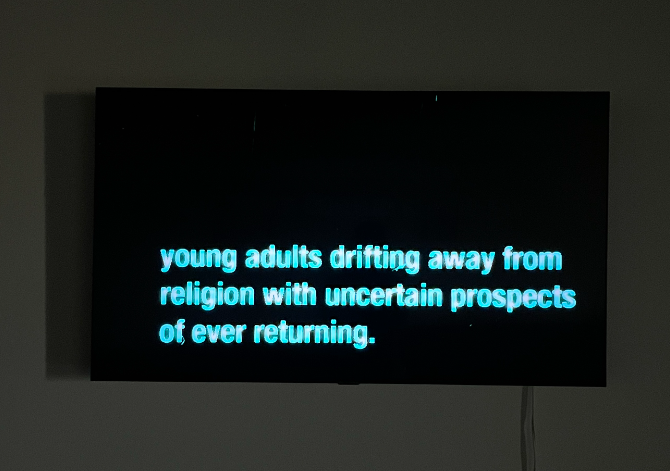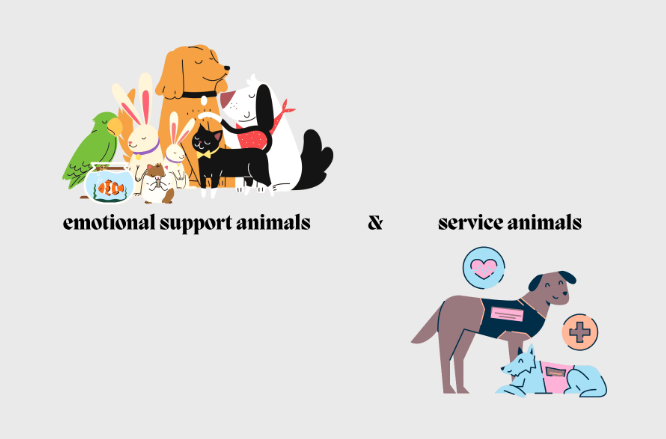
Looking at President Obama’s term compared to other presidents, though, WT Political Science Department Head Reed Welch and his colleague Dr. David Rausch agree that the amount of criticism is relatively normal.
“I think different democrats saw different things in him, and when he strays from that they criticize him,” Welch said.
His comments toward Israel to the institution of social healthcare and how he handled the budget has brought criticism from all sides. With recent decisions like devoting U.S. military forces in Libya, democrats have publicly stated their disagreement with this move.
In an interview with MSNBC, Congressman Dennis Kucinich of Ohio said that he thought the president’s order of this action was an “impeachable offense.”
The recent budget cuts, amounting to $38 billion dollars, also sent some democrats into a fury.
“What [President Obama] has done politically does not fit what I think should be done morally,” said Rep. Charles Rangel [D-Harlem] to the New York Daily News.
According to Reed, the president is receiving criticism, even from his own party, because he has been addressing important issues. The main focus of his first term has been the two issues arguably most important to the American people: the federal budget and the economy.
“You’ll be criticized no matter what you do,” Reed said. “It’s a battle over values; it’s a battle over scarce resources, and you’re going to have fights over that.”
Rausch also pointed out that presidents tend to “play the middle” once they get to the middle of their terms and have learned how to function in their political environment. They often become more moderate than most republicans or democrats.
“He realizes, as a president, he wants to be seen as doing something,” Rausch said. “If he just attacks and attacks and doesn’t come up with ideas that republicans will buy into, he will be a one-term president.”
By using this moving-to-the-middle strategy, according to Rausch, President Obama will get criticism from his fellow party members, saying that his choosing to compromise with the republicans is more likely to be seen as “giving in” to their demands.
Overall, the criticism of any president, despite his or her party affiliation, is nothing new, Rausch and Reed agreed.
“It’s traditional,” Rausch said. “Republicans will attack him; democrats more liberal than him will attack him, and democrats more conservative than him will attack him.”














